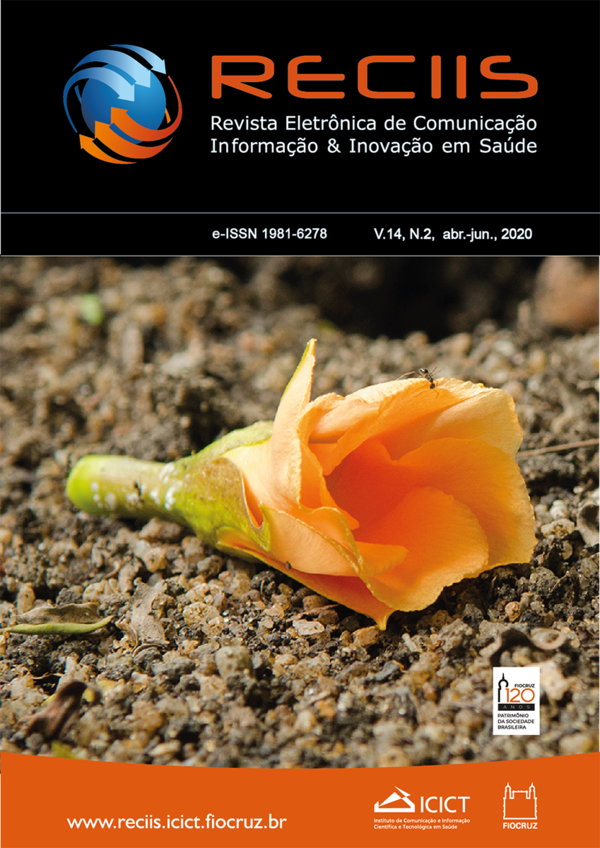The contribution of the precautionary principle to the epistemology of Environmental Journalism
DOI:
https://doi.org/10.29397/reciis.v14i2.2053Keywords:
Journalism, Environmental journalism, Precautionary principle, Epistemology, Descriptive analysis.Abstract
This article presents the preliminary results from a larger study effort about the epistemology of environmental journalism. The main objective was to verify the origin and the support of the epistemological aspects of journalism dedicated to the environment. We present the proposal that drove this study and, specifially, the analysis carried out on one of the barely incorporated assumptions in the environmental coverage in Brazil until now, which is the idea of precaution. The analysis is guided by bibliographic research, with a descriptive-qualitative approach. As a result, we identifid that the literature on environmental journalism deals little with anticipating risks and damages, even with the advance of science in terms of predictions. In conclusion, the incorporation of the precautionary principle is necessary for a society in which predominate the risks produced by the humanity itself.Downloads
Published
How to Cite
Issue
Section
License
Author’s rights: The author retains unrestricted rights over his work.
Rights to reuse: Reciis adopts the Creative Commons License, CC BY-NC non-commercial attribution according to the Policy on Open Access to Knowledge by Oswaldo Cruz Foundation. With this license, access, download, copy, print, share, reuse, and distribution of articles is allowed, provided that it is for non-commercial use and with source citation, granting proper authorship credits and reference to Reciis. In such cases, no permission is required from the authors or editors.
Rights of authors’s deposit / self-archiving: The authors are encouraged to deposit the published version, along with the link of their article in Reciis, in institutional repositories.












